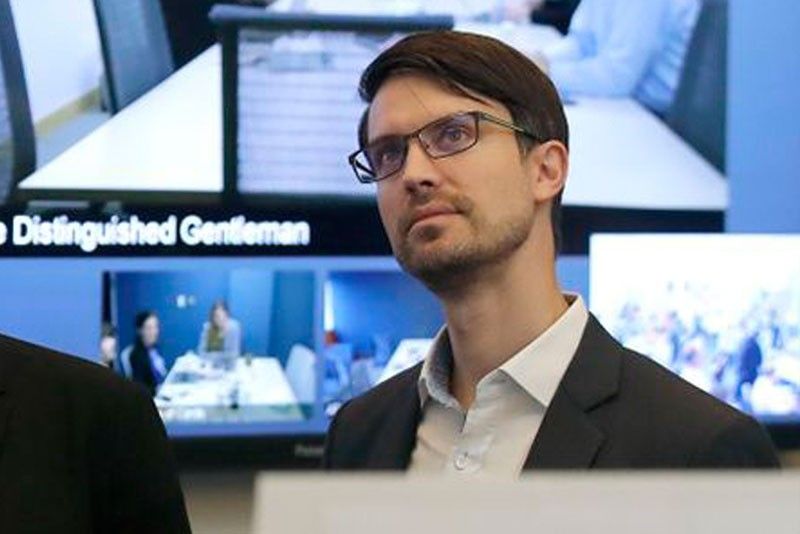‘Purged online network sharing pro-government content’

MANILA, Philippines — The Philippine online network taken down by social media company Facebook for malicious behavior was found to have shared mostly pro-government material, an analysis conducted by a third-party organization showed.
The report, released by United States-based data analytics organization Graphika, said the 65 pages removed by Facebook on Friday primarily engaged in spreading content supportive of President Duterte and some of his allies running in the upcoming polls.
“In our categorization of content and narratives shared by the network, we found that 46.2 percent of the pages shared content explicitly supporting President Duterte as a politician,” read the report.
“The second largest category (27.7 percent) shared news articles that paint the Duterte administration and the government in a positive light,” it added.
Graphika said the remaining political pages are dedicated to other politicians, including presidential daughter and Davao City Mayor Sara Duterte, former senator Ferdinand Marcos Jr. and senatorial candidates Imee Marcos, Ronald dela Rosa and Bong Go.
It said the largest category in the set were pages that described themselves as “fan” pages or support pages for Duterte.
And while there were a handful of critical posts, most were primarily engaged with promoting content that is favorable to the President.
The pages were also found to have been used to target human rights activists and political opponents of Duterte, including detained Sen. Leila de Lima and Vice President Leni Robredo.
Graphika said most of the accounts were created in 2017, with most of the administrators based in the Philippines.
Nathaniel Gleicher, Facebook’s head of cybersecurity policy, said the network they took down was organized by communication strategist Nic Gabunada, who is among those who led the successful social media campaign of presidential candidate and then Davao City mayor Duterte.
A total of 68 Facebook accounts, 67 pages, 40 groups and 25 Instagram accounts were taken down for coordinated inauthentic behavior, a form of malicious behavior defined as a network of people or pages that “work together to mislead others about who they are and what they are doing.”
Gleicher stressed that the takedown was due to the behavior and not the content of the posts.
“What we saw is this cluster of pages, groups and accounts – a combination of authentic and fake accounts – that were basically being used to drive messaging on behalf of and related to political candidates. They were designed to look independent, but in fact they are working together,” he said at a press briefing on Friday.
“They would post about local and political news, they will post about the upcoming elections, candidate views. A lot of the messaging were supporting candidates they were working in behalf of, some would be attacking political opponents of those candidates,” he added.
Gabunada, in an interview with ABS-CBN, described as unfortunate and expressed surprise over allegations of his connection to the online network.
He distanced himself from the pages and groups, saying he may have been added to these without his consent during and after the 2016 elections.
Facebook said about 3.6 million accounts followed one or more of the pages taken down, while another 1.8 million accounts joined at least one of the groups.
Some 5,300 accounts followed one or more of the Instagram accounts that were part of the network.
Data also showed that the network spent $59,000 (around P3 million) for ads paid in Philippine peso, Saudi riyal and US dollars between 2014 and 2019.
Gleicher said they have shared relevant information about the takedown with policymakers and industry partners.
“We are constantly working to detect and stop this type of activity because we don’t want our services to be used to manipulate people,” he said.
“While we are making progress rooting out this abuse, as we’ve said before, it’s an ongoing challenge and we constantly have to improve to stay ahead. That means building better technology, hiring more people and working more closely with law enforcement, security experts and other companies,” he added.
- Latest
- Trending































